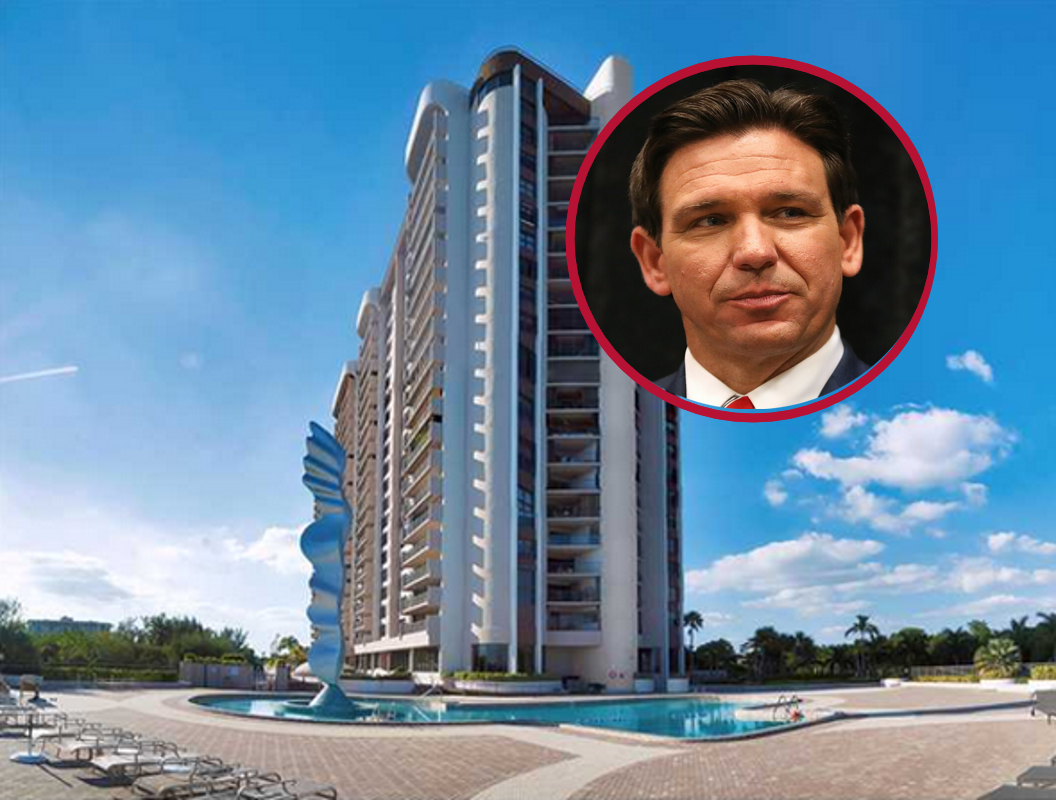Governor Ron DeSantis has once again taken to the stage, holding another roundtable discussion—this time in Pinellas Park—with condo owners and association leaders to discuss the ongoing condominium crisis in Florida. The second roundtable in less than a week, following a similar event in Miami Lakes, touched on concerns regarding safety measures, rising costs, and the implementation of new legislation designed to protect condo residents. While these discussions may indicate DeSantis’ willingness to engage with the public, they have yet to translate into meaningful action that addresses the core of the crisis.
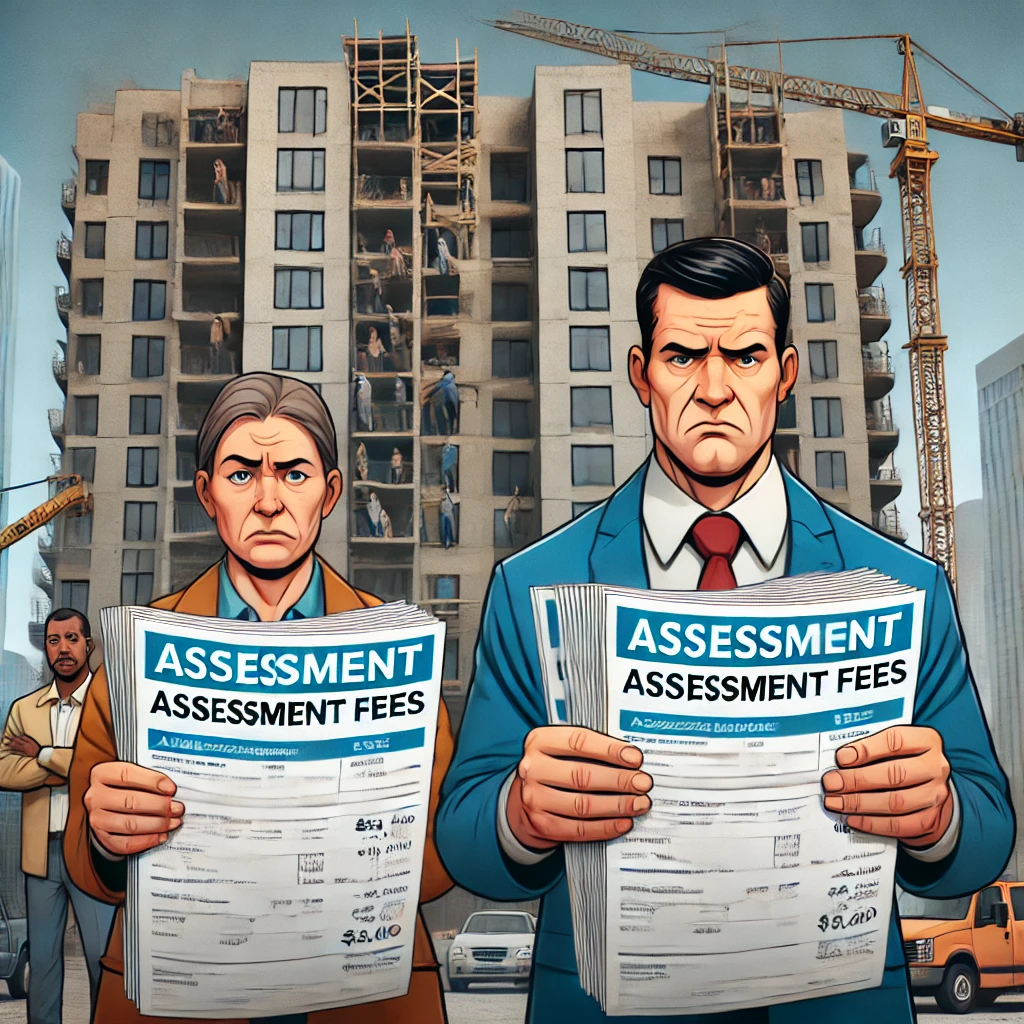
During the roundtable, DeSantis reiterated his administration’s commitment to achieving “sensible policies” regarding condo safety and transparency. He also pointed to the passage of House Bill 1021 earlier this year, which aims to increase accountability among condo board members, improve transparency for residents, and strengthen enforcement of safety standards. Yet, as condo owners face exorbitant assessments, rising fees, and the financial burden of safety inspections, many are asking: Is this enough?
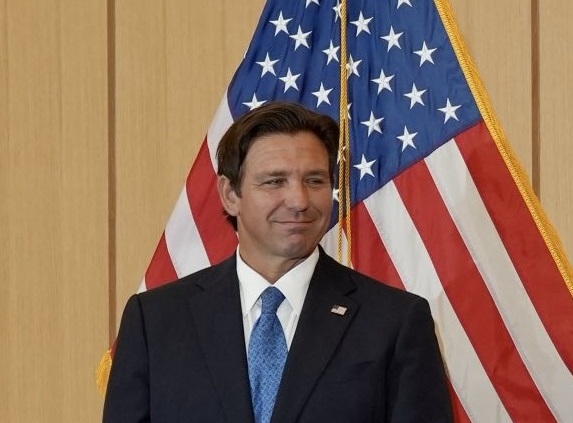
The governor’s efforts so far seem more focused on talking about solutions rather than implementing substantial, immediate action to alleviate the burden on condo owners. While the discussions and the passage of HB 1021 are steps in the right direction, they fail to address the acute financial pain Floridians are experiencing.
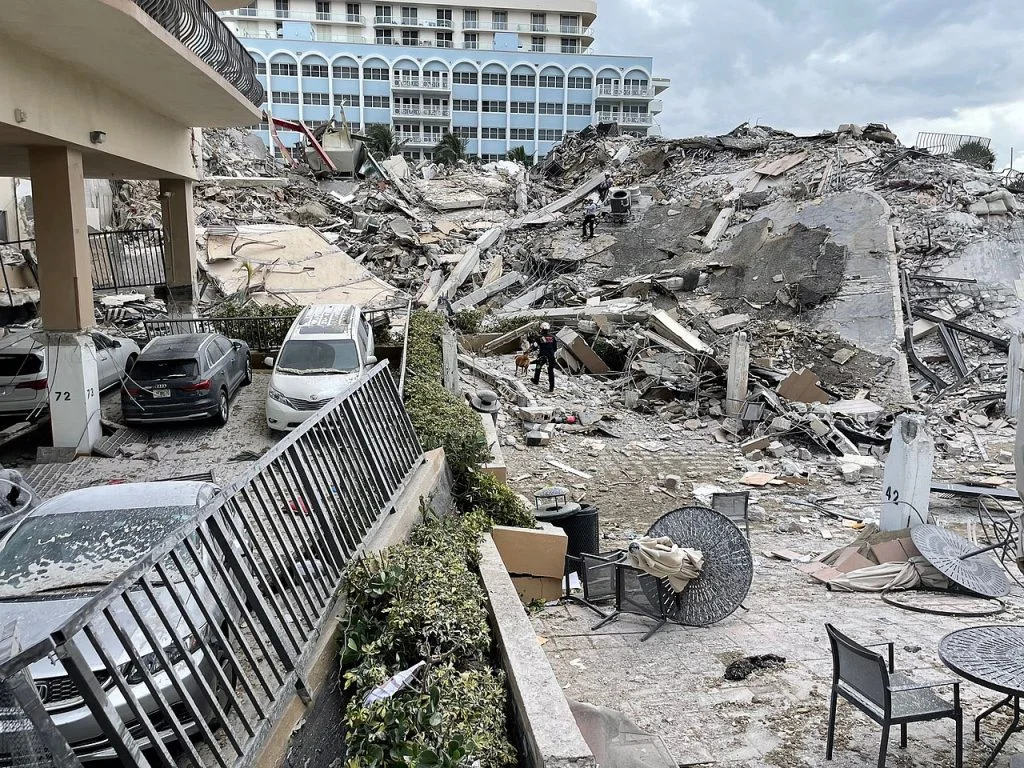
The state’s requirement for inspections on older buildings—implemented in the wake of the Surfside condominium collapse in 2021—has led to widespread inspections and, in many cases, mass evictions as landlords use the law as a tool to condemn buildings, pushing out residents in a way that benefits developers and leaves families in crisis.
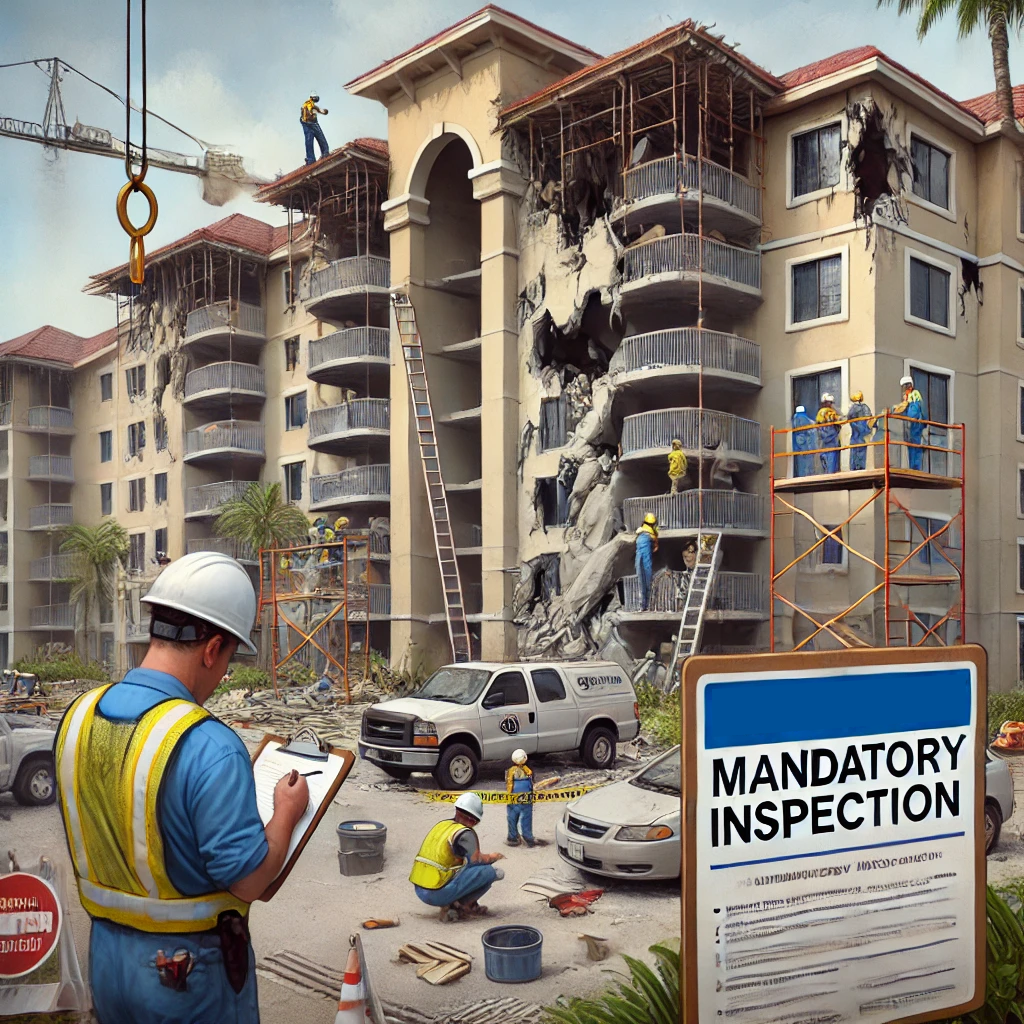
Despite DeSantis’ claims of working toward relief for condo owners, there is little concrete evidence that meaningful assistance is coming anytime soon. Condo associations continue to struggle with how to fund mandatory inspections and repairs, while owners often find themselves facing five-figure assessments or, worse, losing their homes. What’s more, the new safety regulations, while well-intentioned, have exacerbated an already complex housing market. Condo residents, particularly in older buildings, are caught between the rock of safety reforms and the hard place of skyrocketing costs, with minimal help from the state.
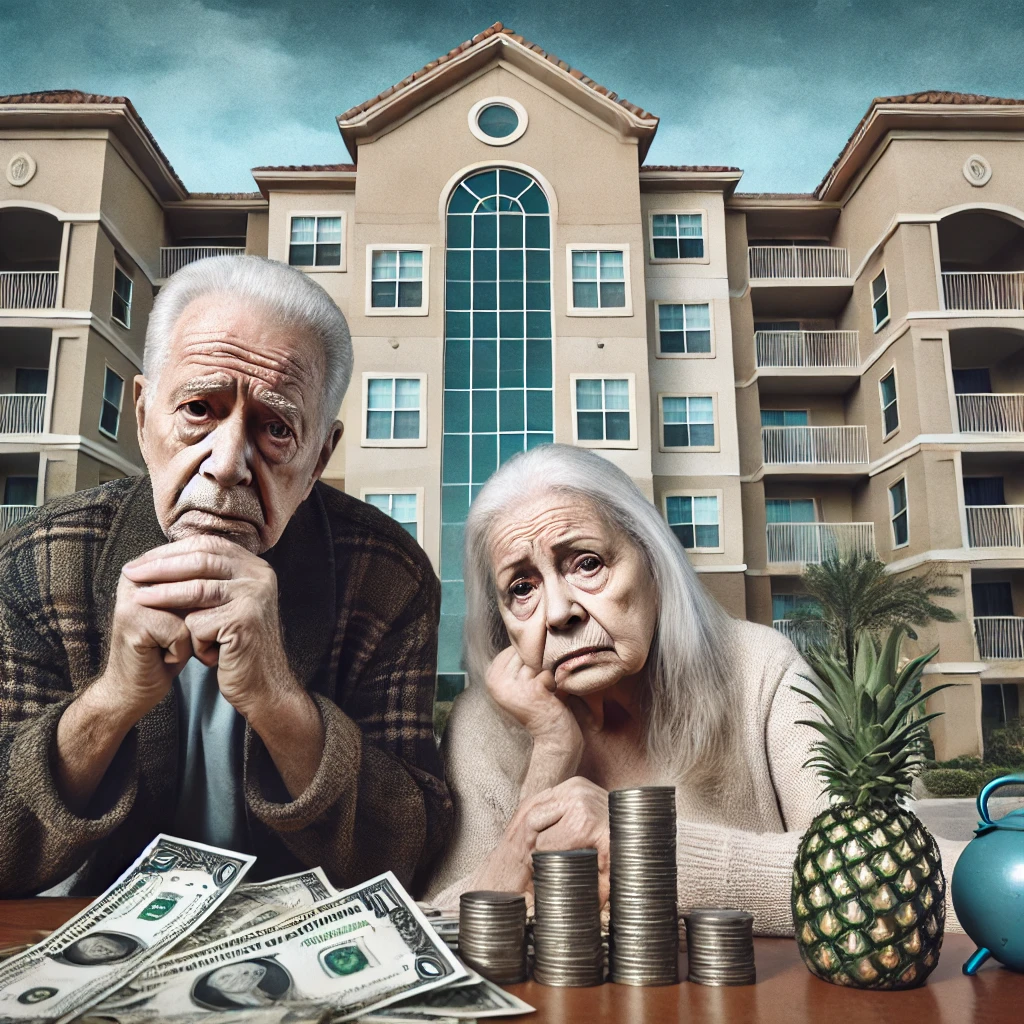
Governor DeSantis says he is “listening” and plans to pass feedback to the Legislature for future reforms. However, for those facing eviction or crippling fees today, waiting for another legislative cycle is simply not an option. The time for discussions has passed—what Florida residents need now is a clear, actionable plan to address the fallout from these safety regulations. They need assistance with funding for repairs and a more balanced approach to inspections that doesn’t leave working families scrambling to stay housed.
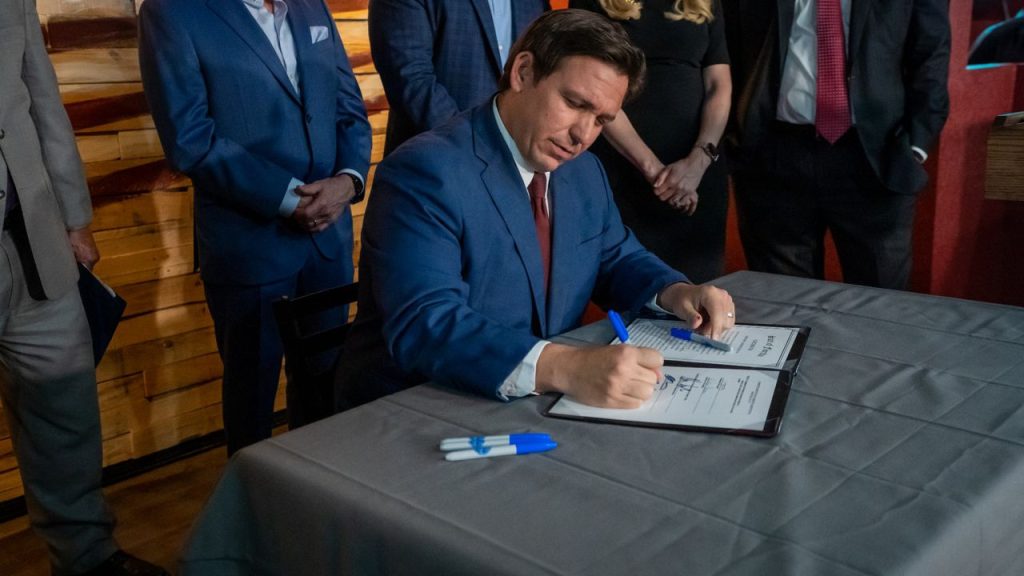
Critics argue that DeSantis’ approach is emblematic of a broader issue in his governance—plenty of press releases and public events, but a lack of tangible follow-through. His administration may have signed legislation aimed at increasing condo safety, but without direct relief for homeowners and a streamlined process to manage the unintended consequences, the crisis will only deepen.
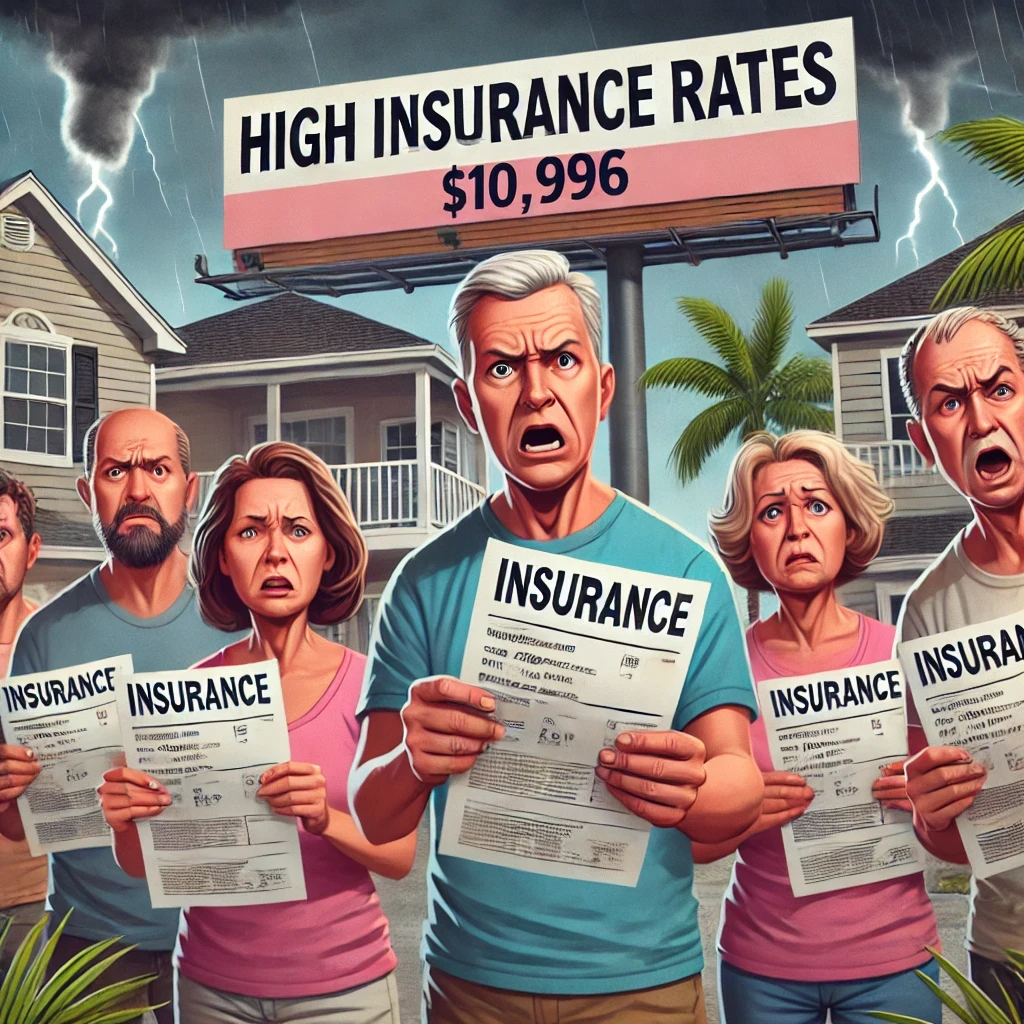
The governor’s rhetoric of “providing feedback” and pushing for “thoughtful reforms” doesn’t offer the immediate solutions condo owners desperately need. Until his administration provides meaningful financial relief and a plan that addresses both safety and affordability, the situation will continue to deteriorate, leaving Floridians questioning whether their concerns are truly being heard. He still has not addressed the insurance issue condo owners are facing either.
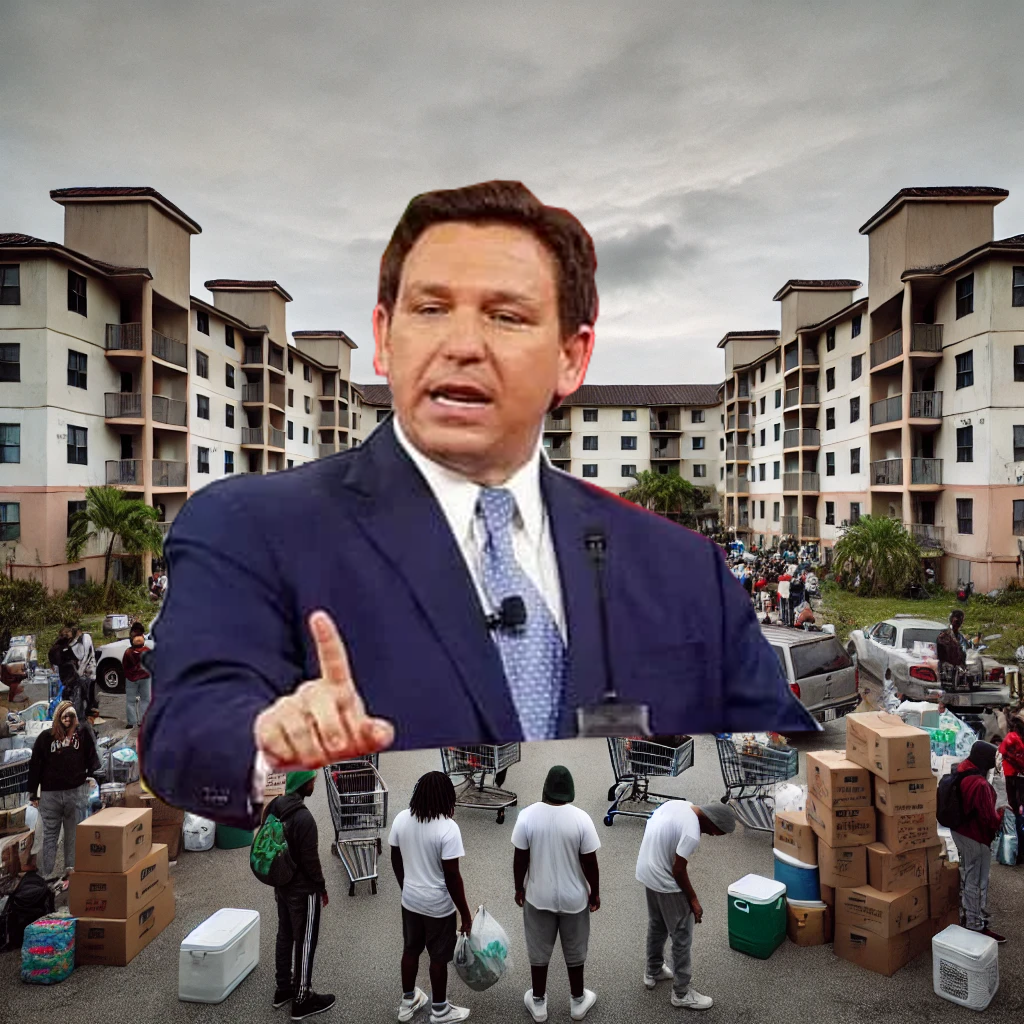
Governor DeSantis’ condo safety discussions, while headline-worthy, have thus far resulted in little more than promises. If these roundtables are to be more than just political theater, the governor must take swift and decisive action to support condo owners struggling under the weight of rising costs and uncertainty. The question remains: Will he act, or will Florida’s condo crisis continue to be all talk and no real change?

